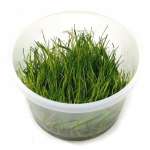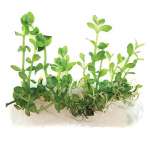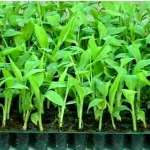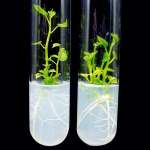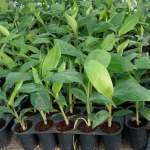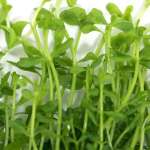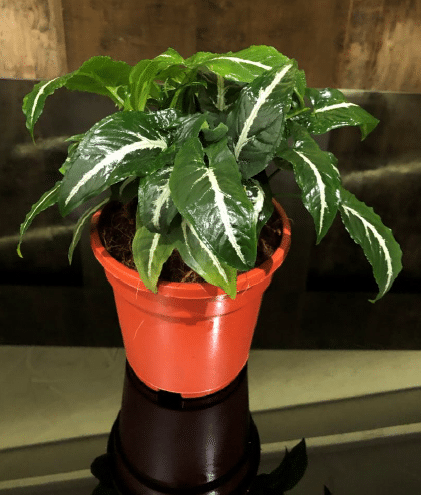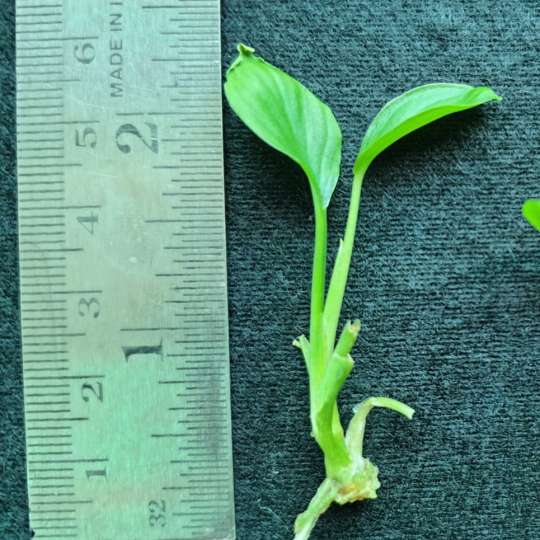Plant Tissue Culture is an assortment of methods used to keep up or develop plant cells, tissues or organs under sterile conditions on a supplement culture vehicle of known arrangement. Plant tissue culture in Washington is generally used to deliver clones of a plant in a technique known as micropropagation.
Advantage of Plant Tissue Culture in Washington
- The creation of precise of plants that produce especially great blossoms, natural products.
- To rapidly develop plants.
- The creation of products of plants without seeds.
- The recovery of entire plants from plant cells that have been hereditarily altered.
- The creation of plants in sterile compartments that permits them to be moved with enormously decreased shots at sending infections, nuisances, and microbes.
- The creation of plants from seeds that in any case have extremely slim odds of developing and developing, i.e.: orchids and Nepenthes.
- To get specific plants free from viral and different contaminations and to rapidly duplicate these plants as ‘cleaned stock’ for cultivation and farming.
Benefits OF PLANT TISSUE CULTURE in Washington
1) Availability of crude material
2) Variation in provisions and quality
3) Patent rights
4) Easy decontamination of the mixtures
5) Modification of substance structure
6) Disease free and wanted item
7) Crop improvement
Strategies for PLANT TISSUE CULTURE in Washington
Plant Tissue Culture in Washington incorporates two significant strategies:
- (A) Type of in vitro development callus and suspension societies.
- (B) Type of explant — single cell culture, shoot and root societies, physical incipient organism culture, meristem culture, anther culture and haploid creation, protoplast culture and substantial hybridisation, undeveloped organism culture, ovule culture, ovary culture, and so forth
Natural Conditions for Plant Tissue Culture in Washington
- There are three significant perspectives in vitro culture
1) Nutrient medium
2) Aseptic condition
3) Aeration of the tissue



